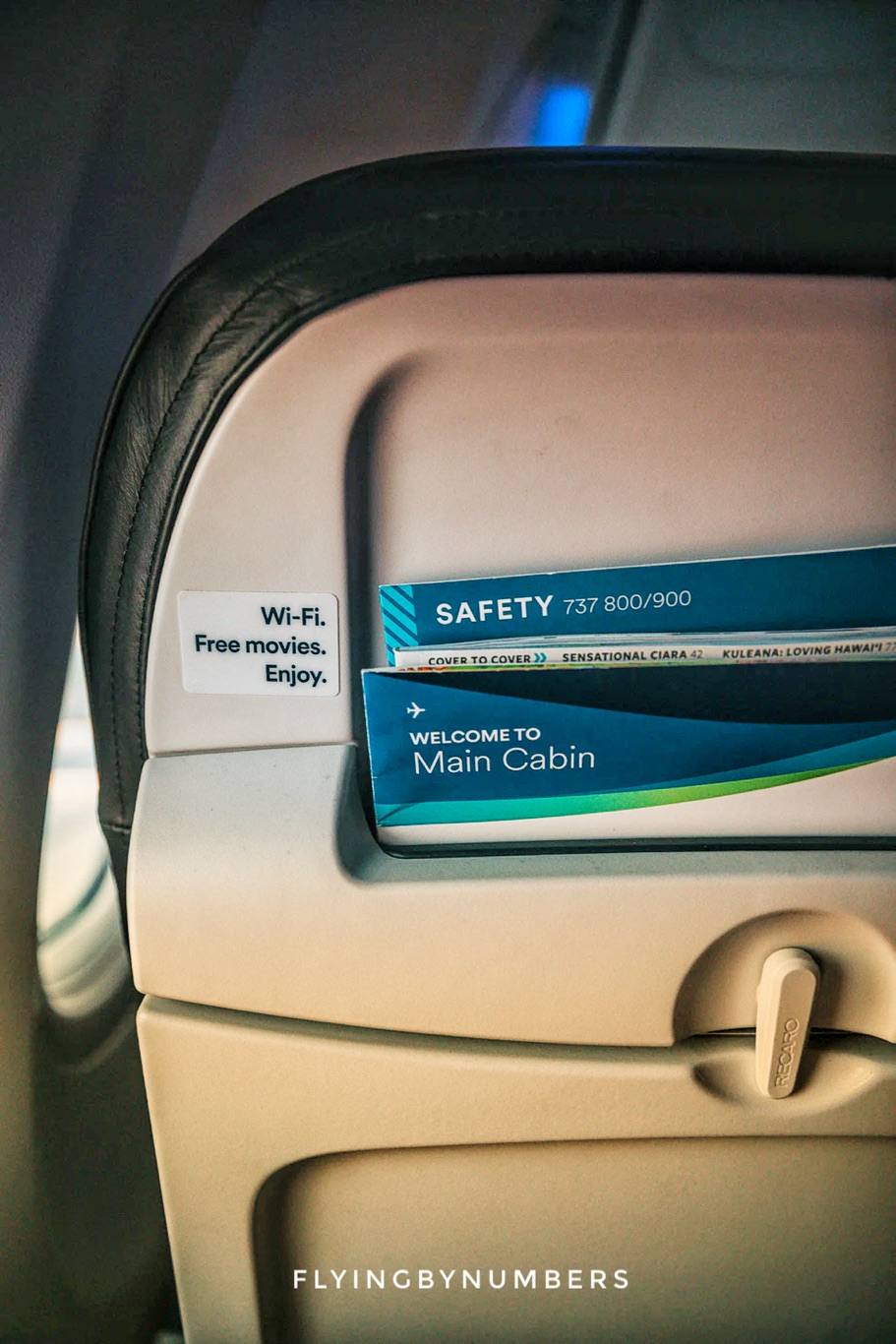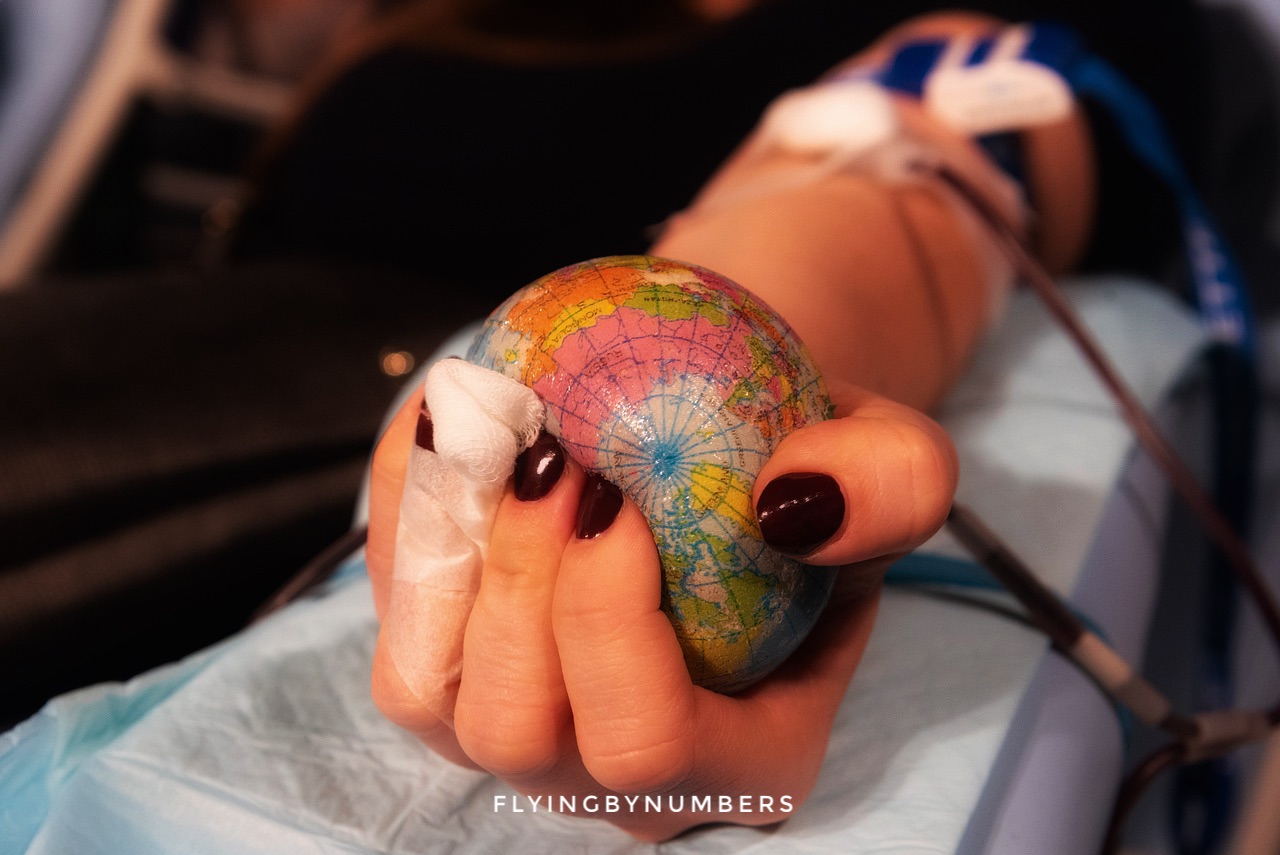This niche question is covered in cabin crew initial training, as part of the aviation medical (AvMed) section. Like other safety critical roles, and ones that involve working at altitude, there are additional restrictions placed on cabin crew.
Alongside strictly regulated working time requirements, before reporting for work, cabin crew need to self-certify that they are fit to operate. This means complying with more commonly known rules, such as abstaining from alcohol or drugs for a period beforehand, to more niche rules involving giving blood, and even scuba diving!
In this article, we will look at the rules surrounding giving blood as a flight attendant. Does this career prohibit you from giving blood, or can you continue to donate?
The short answer : Yes. Cabin crew can give blood. However, there are several things to consider. Considerations range from the effects of reduced blood on working at altitude, to the type of blood donation.
Why giving blood as cabin crew needs consideration…
Cabin crew is both a safety critical role, and one that is carried out at altitude. Typically, when operating a flight, cabin altitude increases to around the equivalent of 6,000-8,000 ft above sea level.
While not harmful to health, at this altitude less dense air means that your body has to work harder to maintain oxygen levels. This is partly why cabin crew and flight crew have medical examinations, including a red blood cell count — checking they have sufficient haemoglobin levels in their blood to function normally at reduced altitude.
When giving blood, studies have shown that for up to 48 hours afterwards — until your body has replenished its natural blood amount — the body is less efficient at oxygen uptake.
Depending on health and other background factors, some people may feel lethargic, dizzy, and, even potentially faint, at reduced altitudes a short time after giving blood.

Each individual airline will set out their specific rules surrounding flying as aircrew and giving blood. These typically depend on the type of blood donation and the amount of blood donated.
Equally, these rules depends on the regulating authority individual airlines fall under. In the UK, the CAA advise flight attendants and pilots to refrain from flying duties for 24 hours for all types of donation.
In the USA, the FAA mandate differing requirements depending on the type of blood donations:
Summary
As you can see, cabin crew can give blood on their days off when they are free from flying duties.

However, depending on the amount of blood donated and the type of donation, there is a strong recommendation to refrain from flying duties until up to 48 hours afterwards.
This is because working as aircrew involves higher altitude environments — placing the job on the list of occupations that may suffer additional effects from reduced blood levels.
As with all minimum timescale recommendations, everyone reacts differently. If you feel faint or dizzy after giving blood, regardless of the recommended time passing, it’s always worth taking a more cautious approach before flying.





